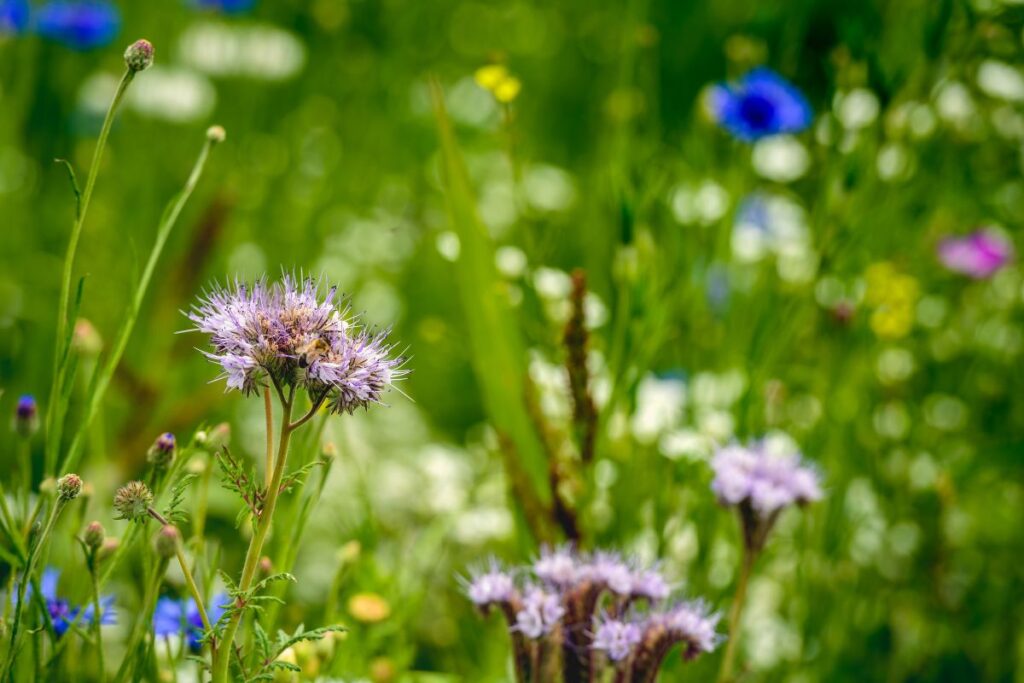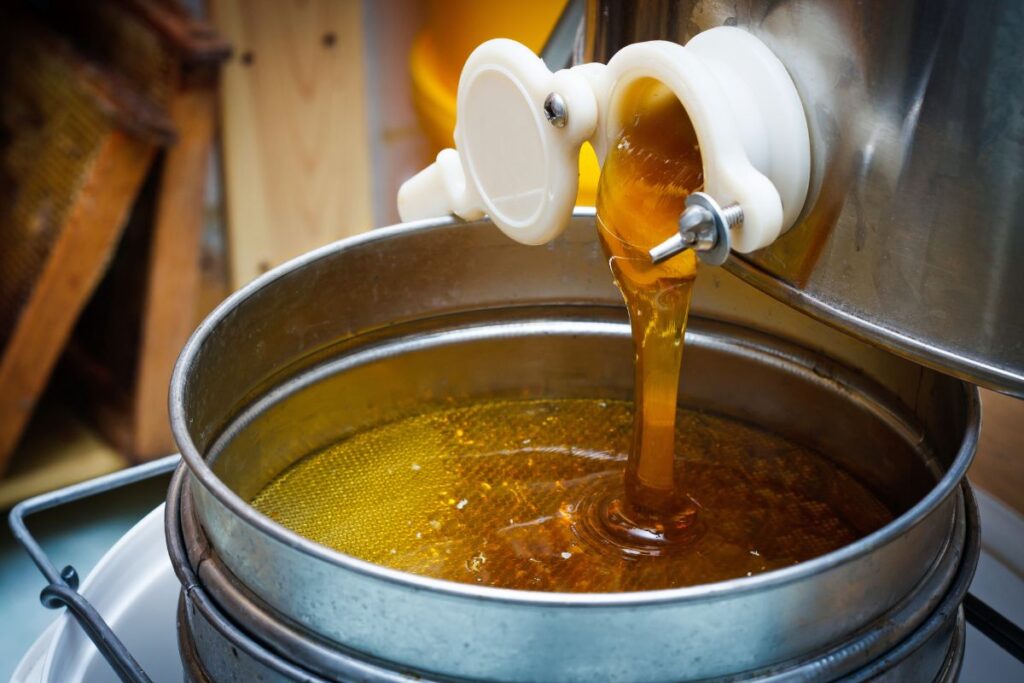Honey bees are not only fascinating creatures, but they also play a crucial role in maintaining the ecological balance of our planet. From pollinating our crops to supporting local ecosystems, honey bees have a significant impact on the environment. In this blog post, we will explore the environmental benefits of keeping honey bee hives and how you can support beekeeping in your area.
Pollination
Our honey bees are the most well-known and commonly used pollinators in the world. They are incredibly important for pollinating flowering plants, which in turn, produce the fruits and vegetables that we consume. Without honey bees, it would be challenging to grow many of the crops we rely on, and our diets would suffer. In fact, some experts estimate that without honey bees, our food system would be greatly diminished, with as much as one-third of our diet disappearing.

Biodiversity
Honey bees play a crucial role in supporting biodiversity by pollinating a wide range of plants, from wildflowers to fruit trees. As they move from plant to plant, they transfer pollen, which helps these plants produce fruits and seeds. This not only helps maintain the plant populations but also provides food and habitat for a diverse range of wildlife, including birds, insects, and other animals. Honey bees, therefore, have a significant impact on the health and balance of local ecosystems.
Moreover, the presence of honey bees in an area can attract other pollinators such as butterflies, moths, and other bee species. The increased number of pollinators can lead to a more diverse and healthy ecosystem, as different species of plants get the chance to thrive. This is especially important for areas that have experienced a decline in pollinator populations due to factors such as habitat loss, pesticide use, and climate change. By supporting honey bee populations, we can help increase biodiversity and improve the overall health of our local ecosystems.
Soil Health
Honey bees play a crucial role in maintaining the health of the soil. The pollination process involves the transfer of pollen from the anthers of a flower to the stigma of the same or another flower. As honey bees move from flower to flower, they spread pollen, which in turn fertilizes the soil. The process of pollination also distributes nectar, which provides energy for bees and other pollinators, and increases the soil’s microbial activity. This process helps to improve soil fertility, which can lead to better crop yields, increased biodiversity, and improved overall soil health.

Honey Production
Honey production is an essential part of beekeeping, and it offers numerous benefits beyond just satisfying our sweet tooth. It’s a natural product that has been used for its medicinal properties for thousands of years. It has antibacterial properties and can help with wound healing, coughs, and sore throats. The antimicrobial properties of honey have been shown to help in the treatment of some types of bacterial infections, making it an excellent alternative to traditional medicines.
The process of making honey is also beneficial for the bees themselves. Bees collect nectar from flowers, which they then store in their stomachs. The nectar is mixed with enzymes in the bee’s stomach and then regurgitated back at the hive, where other bees chew and further mix it to create honey. This process not only produces a delicious product, but it also provides the bees with a source of food during the winter months when flowers are scarce.
Local Economy
Beekeeping has the potential to create employment opportunities in various sectors, such as honey production, equipment manufacturing, and beekeeping services. These job opportunities can range from small-scale, home-based businesses to larger, industrialized operations, making beekeeping an accessible and versatile source of employment. Additionally, beekeeping can contribute to the growth of the local economy by providing a steady source of income to beekeepers and their families, which can be spent within the community.
Apart from job creation, beekeeping can also benefit the local economy by supporting small businesses. Local honey production can help to boost the sales of other local products such as fruit, vegetables, and baked goods, leading to an overall increase in demand for locally produced goods. Beekeeping equipment and supplies can also be sold by local businesses, which can lead to a more diverse and robust economy. Overall, beekeeping can be an important tool for supporting local businesses and promoting economic growth in the community.

By now, it’s clear that honey bees play a critical role in maintaining the ecological balance of our planet. Supporting beekeeping in your area is one of the best ways to ensure that honey bees can continue to do their essential work. You can support local beekeepers by purchasing their honey, attending local farmers’ markets and beekeeping events, and advocating for bee-friendly policies. Search the My Honey Crate Directory to locate your local beekeepers. Let’s work together to protect and promote honey bee populations for future generations.
